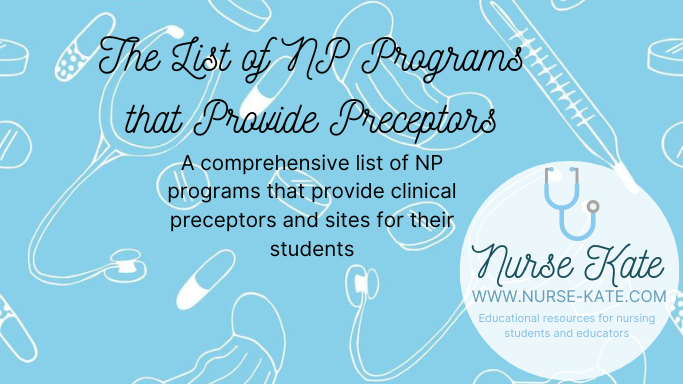Are you ready to answer the call to become a nurse? Nursing is one of the most rewarding professions available, offering opportunities to significantly impact people’s lives. Yet, the cost of education can be daunting. That’s why it’s crucial to understand your financial options for nursing school and how to finance your nursing education.
Understanding the Financial Burden to Finance Your Nursing Education
Pursuing a nursing degree can be financially challenging. Tuition, fees, supplies, and living expenses all add up quickly, making it essential to explore diverse funding sources. Let’s walk through different ways you can finance your nursing education.
Federal Student Aid (FAFSA)

The first step in securing financial aid is completing the Free Application for Federal Student Aid (FAFSA). Here’s how it can help you:
- Federal Grants: If you’re an undergraduate student, you may qualify for Pell Grants, which don’t need to be repaid.
- Federal Student Loans: These low-interest loans include Direct Subsidized and Unsubsidized Loans, offering flexible repayment plans after graduation.
- Work-Study Programs: These programs allow you to work part-time while studying, earning money to help pay for educational expenses.
Completing your FAFSA early increases your chances of receiving aid since some funding is awarded on a first-come, first-served basis.
Scholarships for Nursing Students
Scholarships are a fantastic way to finance your education without incurring debt. Many scholarships are available specifically for nursing students from professional organizations, private foundations, and nursing schools.
Tips for Successful Applications:
- Start Early: Begin your search at least a year before you plan to start school.
- Tailor Your Applications: Customize each application to highlight how you meet the specific criteria.
- Utilize Resources: Platforms like Fastweb and Scholarships.com can help you find relevant scholarships.
Private Student Loans
In addition to federal aid, you might consider private student loans. While these should be approached cautiously, they can be a viable option if used responsibly:
- Compare Lenders: Look for banks or credit unions offering competitive interest rates and flexible repayment terms.
- Understand the Terms: Make sure you fully understand the loan terms, including interest rates and repayment schedules.
- Borrow Responsibly: Only borrow what you absolutely need to cover educational expenses. The standard advice when it comes to taking out student loans is that your total loans should not exceed your first-year’s salary.
Employer Tuition Reimbursement
If you’re already working in healthcare, check if your employer offers tuition reimbursement programs. Many healthcare employers support their staff’s educational advancement by covering part or all of their tuition costs.
Benefits:
- Career Advancement: Enhances your qualifications and opens up new career opportunities within your current organization.
- Cost Savings: Reduces your out-of-pocket expenses significantly.
Utilizing Financial Aid Offices
Your nursing school’s financial aid office is a valuable resource. They can guide you through the process of securing financial support, offer advice on budgeting your education expenses, and inform you about any school-specific scholarships or grants.
Personal Funding and Work
Finally, don’t overlook personal savings and part-time work as ways to supplement your funding:
- Budgeting: Create a budget plan to manage your expenses effectively.
- Part-Time Work: Consider jobs that offer flexible hours to fit around your studies, such as tutoring, freelance writing, or working as a certified nursing assistant (CNA).
Conclusion
Financing your nursing education doesn’t have to be overwhelming. By exploring a mix of federal aid, scholarships, loans, employer programs, and personal resources, you can create a comprehensive plan to fund your degree. Start early, stay organized, and don’t hesitate to seek guidance from your school’s financial aid office. You’re investing in a future that will make a difference—and that’s worth every penny.

Leave a Reply